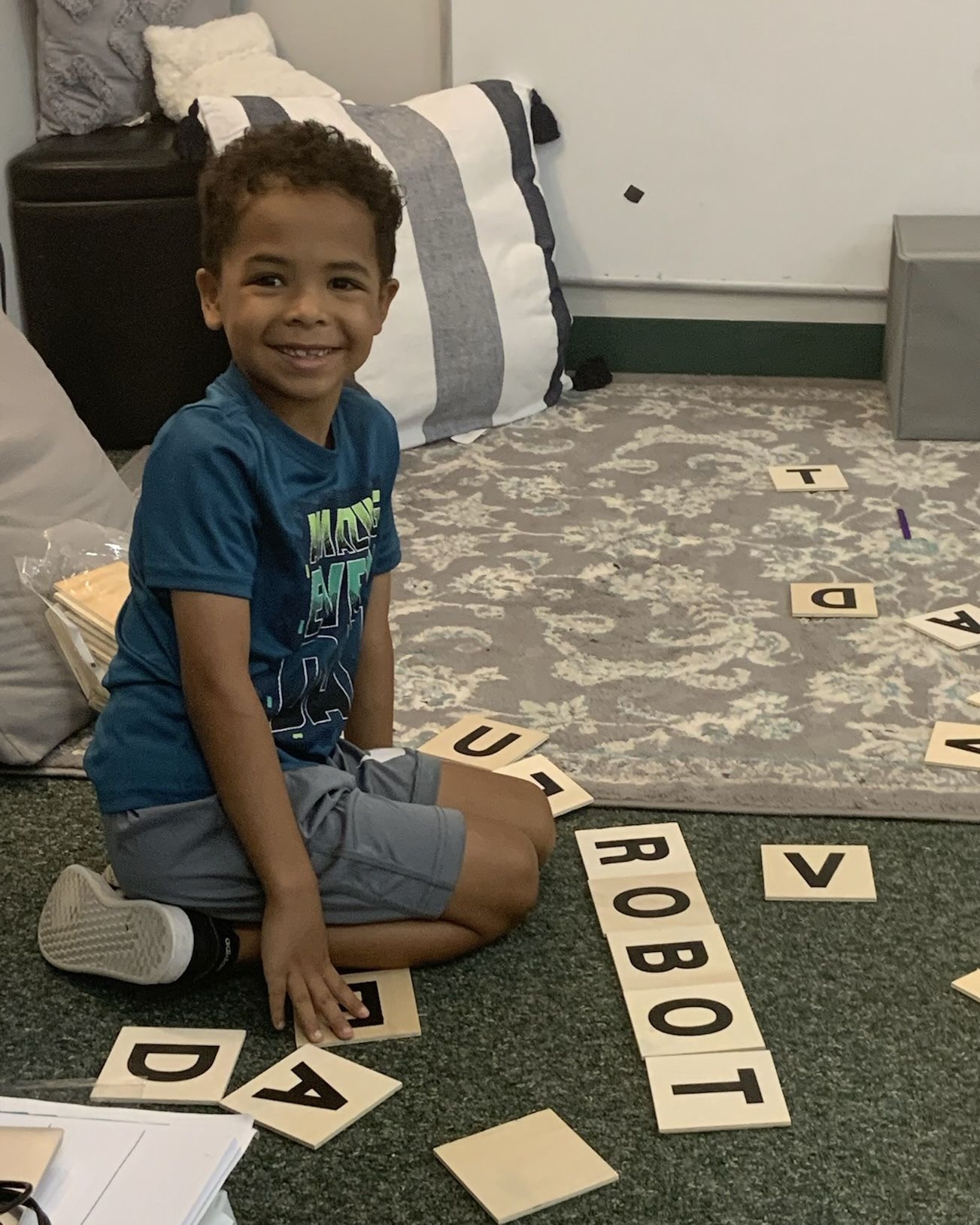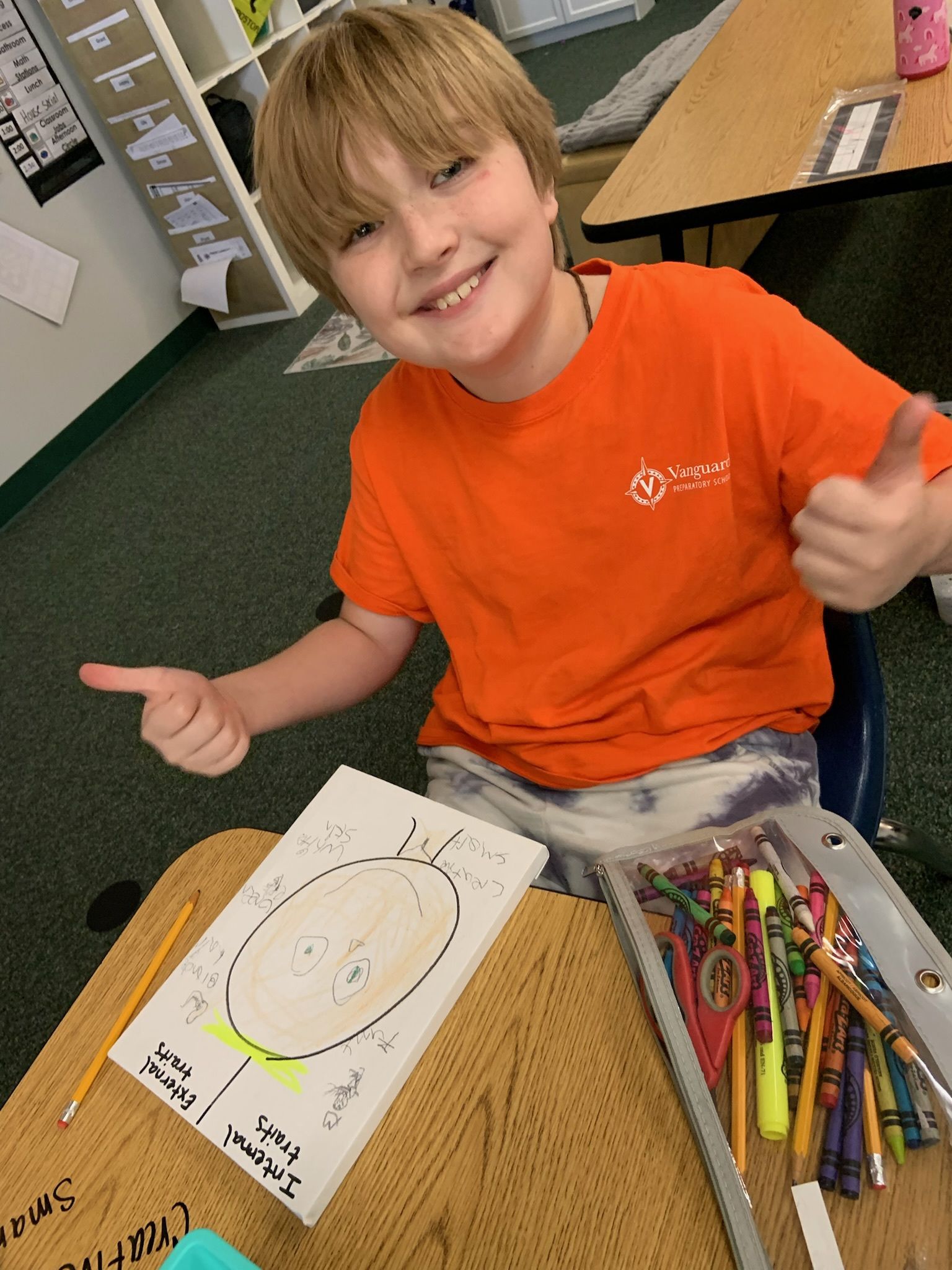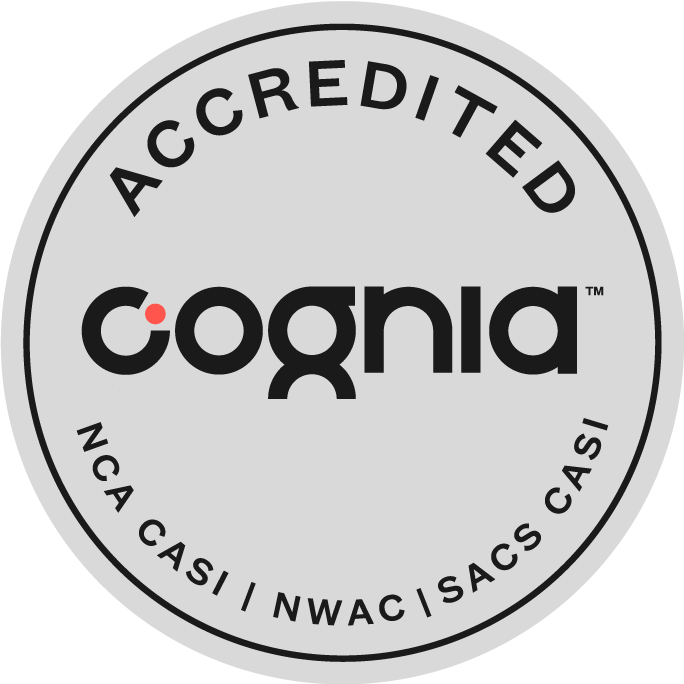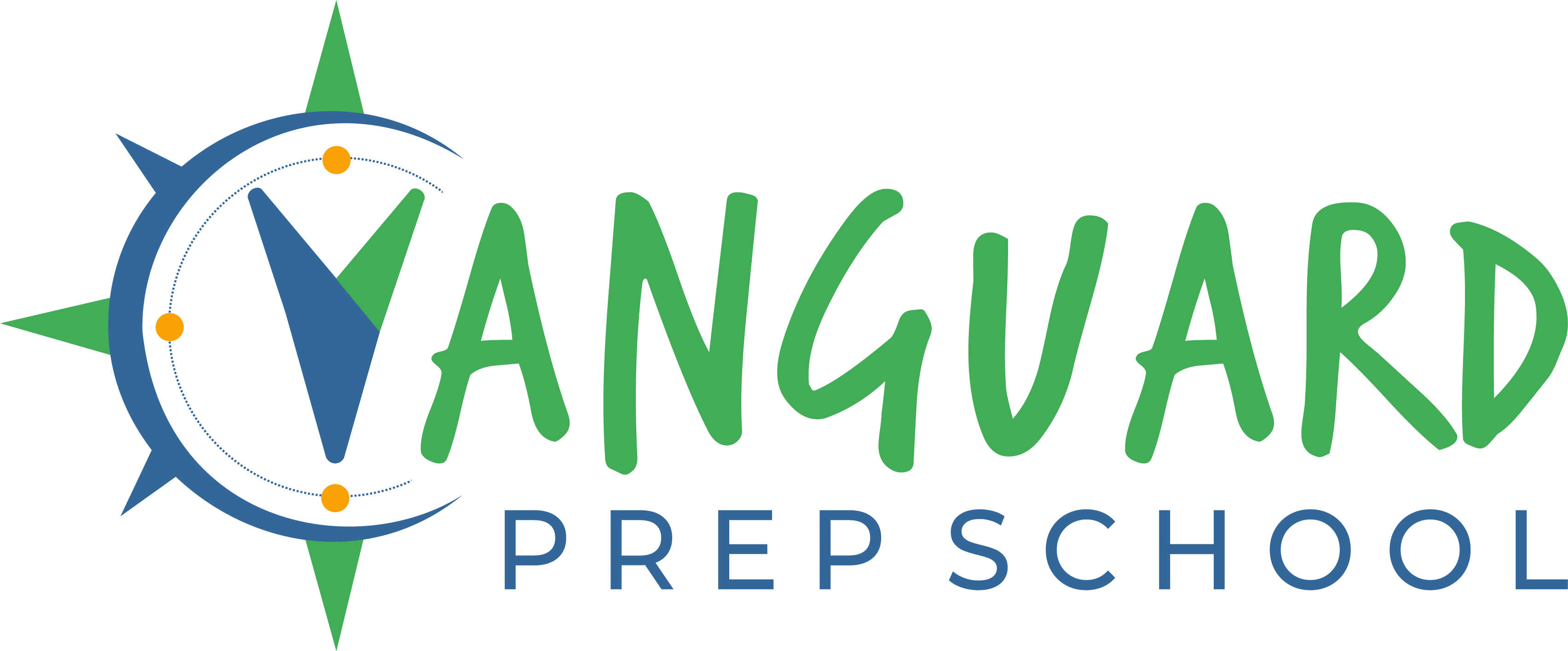Measuring Progress at our Dallas Therapeutic School
Vanguard takes a comprehensive view of each student by evaluating both academic achievement and social-emotional growth. Family meetings, scheduled quarterly, or more frequently if needed, allow for discussions about progress and future objectives. These meetings are also a platform for assessing the effectiveness of a student’s plan and considering potential adjustments. For instance, redirecting a student’s focus to a new subject can help alleviate negative social-emotional behaviors, while a change in environment can steer another student back onto the path of successful learning. We employ a range of evidence-based tools to track the academic and therapeutic progress of each student.
Academic Progress
The tools we use to monitor individual academic achievement results will vary depending on each student’s specific learning plan. Tools for measuring academic progress include the i-Ready assessment, Brigance basic basic skills test, and Woodcock-Johnson test of Achievement, the Preliminary Scholastic Aptitude Test (PSAT) 8/9, PSAT, and Scholastic Aptitude Test.
These tools, in conjunction with staff observations, formal and informal classroom assessments and daily work samples, help us evaluate individual student progress in line with well-defined goals. Such resources identify a student’s strengths and areas for growth, helping Vanguard to address knowledge gaps, target next steps in learning, and monitor progress over time.
Therapeutic Progress
Vanguard focuses on therapeutic care as a vital aspect of our students’ learning experience. We evaluate the therapeutic progress using the Devereux Student Strengths Assessment (DESSA), a practical, user-friendly way to measure of social-emotional learning. Directly aligned with the Collaborative for Academic, Social, and Emotional Learning e (CASEL) framework, the DESSA is grounded in resilience theory or the belief that what happens to a person matters less than how a person reacts to what happens. The DESSA measures student growth in the following areas:
- Self-Awareness
- Self-Management
- Social Awareness
- Relationship Skills
- Goal-Directed Behavior
- Personal Responsibility
- Decision-Making
- Optimistic Thinking
On a biannual basis, the team assigned to each Vanguard student provides DESSA ratings of strong, typical, or needing instruction, with a composite score to evaluate overall progress. The DESSA is a standardized assessment that helps convey results and facilitates discussion with parents.
In our communications with parents, Vanguard provides a traditional academic report card while also reporting on therapeutic results. We ensure that parents know how their children are doing on both fronts—with detailed analysis of how social-emotional learning reinforces academic learning and how academic growth supports social-emotional growth.
> Approach



Vanguard Preparatory School
4240 Sigma Road Dallas, TX 75244 | phone: 972.404.1616 | fax: 972.404.1641
Accredited By Southern Association of Colleges and Schools - AdvancED | TEA Approved
Content Copyright 2020 - Vanguard Preparatory School | All Rights Reserved

